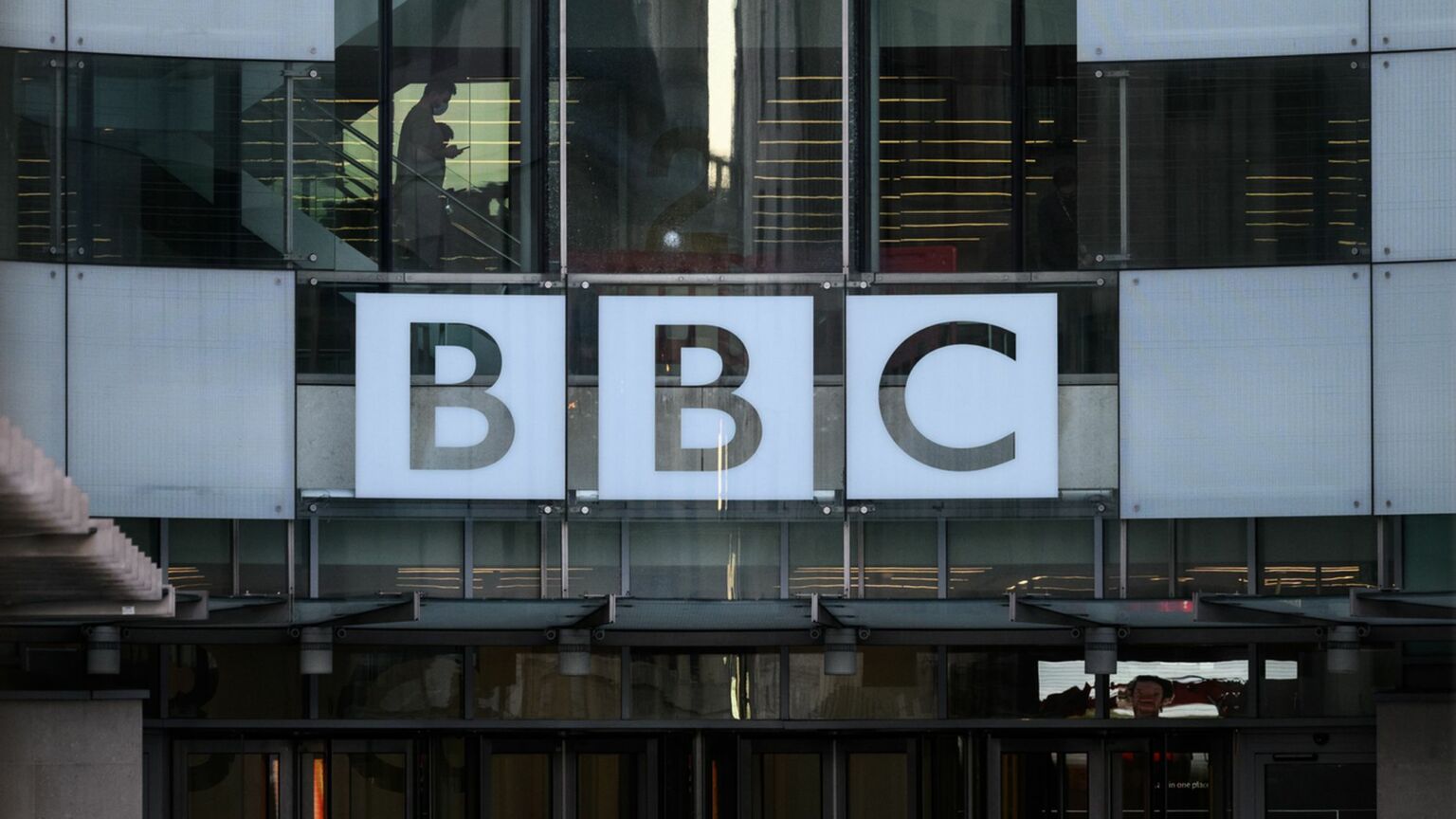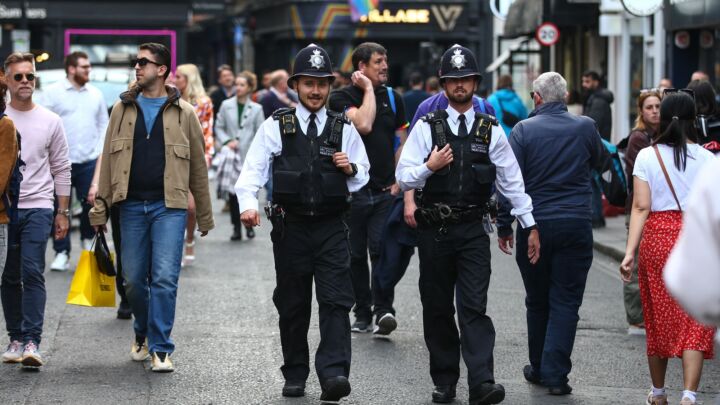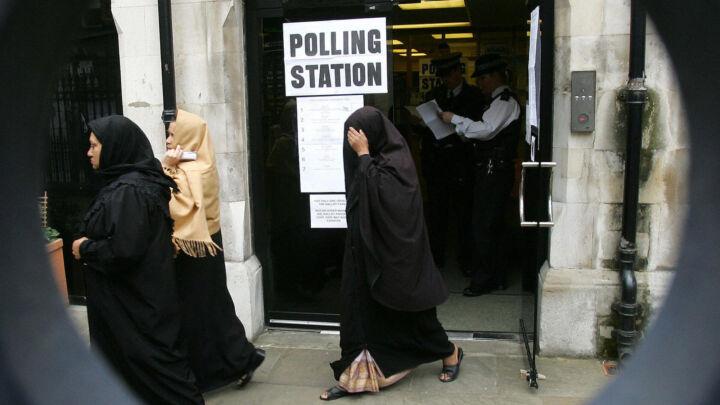The Hitler sympathiser on the BBC
How can anyone trust BBC Arabic to report impartially on the Gaza war?

Want unlimited, ad-free access? Become a spiked supporter.
It is difficult to believe that the BBC was once the voice of the free world against the Nazis. During the Second World War, the BBC’s foreign-language services aided the European resistance to fascist rule. These days, it has become a platform for extremists across the Arab world.
Take Samer Elzaenen, a regular contributor to BBC Arabic, whose social-media posts were brought to light last weekend in the Telegraph. ‘We shall burn you as Hitler did, but this time we won’t have a single one of you left’, the Palestinian journalist said of Jews in a post from 2011. ‘When things go awry for us, shoot the Jews, it fixes everything’, he also wrote. Recently, Elzaenen praised the perpetrators of the 7 October massacre – including those who abducted, raped and murdered defenceless attendees of the Nova music festival – as ‘resistance fighters’. He has appeared on BBC Arabic 12 times since the Israel-Hamas war began. Worse still, Elzaenen’s case is far from unique.
BBC Arabic is the BBC’s most influential foreign-language service, reaching a weekly audience of 35million people. Ironically, taxpayers fund services such as BBC Arabic in order to flex the UK’s ‘soft power’ and spread our liberal values abroad – but this clearly is not what is actually happening here.
The jubilation expressed by some of BBC Arabic’s senior staff over 7 October reveals the extent of the problem. Sally Nabil, a bilingual correspondent based in Egypt and the Middle East, liked a tweet that described the massacre as ‘Palestinian resistance taking the initiative and surprising the Israeli occupier with an operation of quality’. She also liked a comment that described a photo of jeeps loaded with bodies and kidnapped civilians as ‘a proud scene’.
Then we have Salma Khattab, a correspondent for BBC Arabic based in Egypt. Her response to the greatest slaughter of Jews since the Holocaust was to like a tweet describing the perpetrators as ‘freedom fighters’. Mahmoud Sheleib, a senior producer based in Cairo at the time of the 7 October pogrom, implied it was reasonable for Hamas to attack minors because Israel supposedly doesn’t ‘have any civilians among the youth’. ‘This is what the ignorant often don’t know’, he said on X. It tells us something important that none of these BBC employees seemed worried about their views becoming public, despite the Beeb’s clear rules on social-media use.
With ‘reporters’ like these, it’s unsurprising to learn that BBC Arabic’s coverage of the Israel-Hamas war has been riddled with inaccuracies. In fact, so staggeringly bad has its reporting been it had to make 80 corrections in the first five months of the conflict alone.
A comprehensive report by the Committee for Accuracy in Middle East Reporting and Analysis (CAMERA), published in March, reveals that this is not a new problem. In 2021, CAMERA notes, the BBC was forced to sack a West Bank-based reporter at its monitoring service when an old tweet that said ‘HitlerWasRight’ emerged. It found that BBC Arabic had also regularly hosted commentator Abdel Bari Atwan – a man who referred to a terrorist who killed Israelis as a ‘hero’ and expressed sympathy for Salman Rushdie’s attacker. He also said he would ‘dance with delight in Trafalgar Square’ if Iran attacked Israel. Where on Earth does the BBC find these people?
Conservative leader Kemi Badenoch has demanded ‘wholesale reform’ of BBC Arabic. In March, John Mann, the UK government’s independent adviser on anti-Semitism, said the BBC had repeatedly rejected his offers of anti-Semitism training. Yet none of this political pressure appears to have made the slightest difference at New Broadcasting House.
The BBC ought to be ashamed of BBC Arabic’s conduct. The fact that it isn’t speaks volumes.
Nicole Lampert is a national newspaper freelance journalist based in London. Follow her on X: @nicolelampert
£1 a month for 3 months
You’ve hit your monthly free article limit.
Support spiked and get unlimited access.
Support spiked – £1 a month for 3 months
spiked is funded by readers like you. Only 0.1% of regular readers currently support us. If just 1% did, we could grow our team and step up the fight for free speech and democracy.
Become a spiked supporter and enjoy unlimited, ad-free access, bonus content and exclusive events – while helping to keep independent journalism alive.
———————————————————————————————————————————–
Exclusive January offer: join today for £1 a month for 3 months. Then £5 a month, cancel anytime.
———————————————————————————————————————————–
Monthly support makes the biggest difference. Thank you.









Comments
Want to join the conversation?
Only spiked supporters and patrons, who donate regularly to us, can comment on our articles.